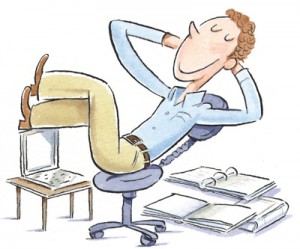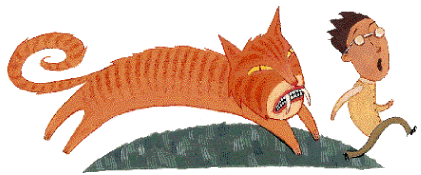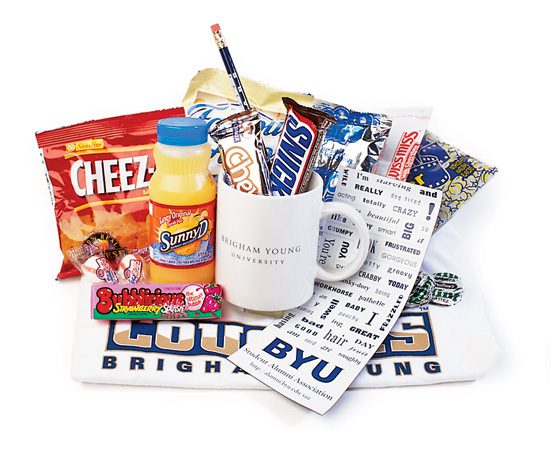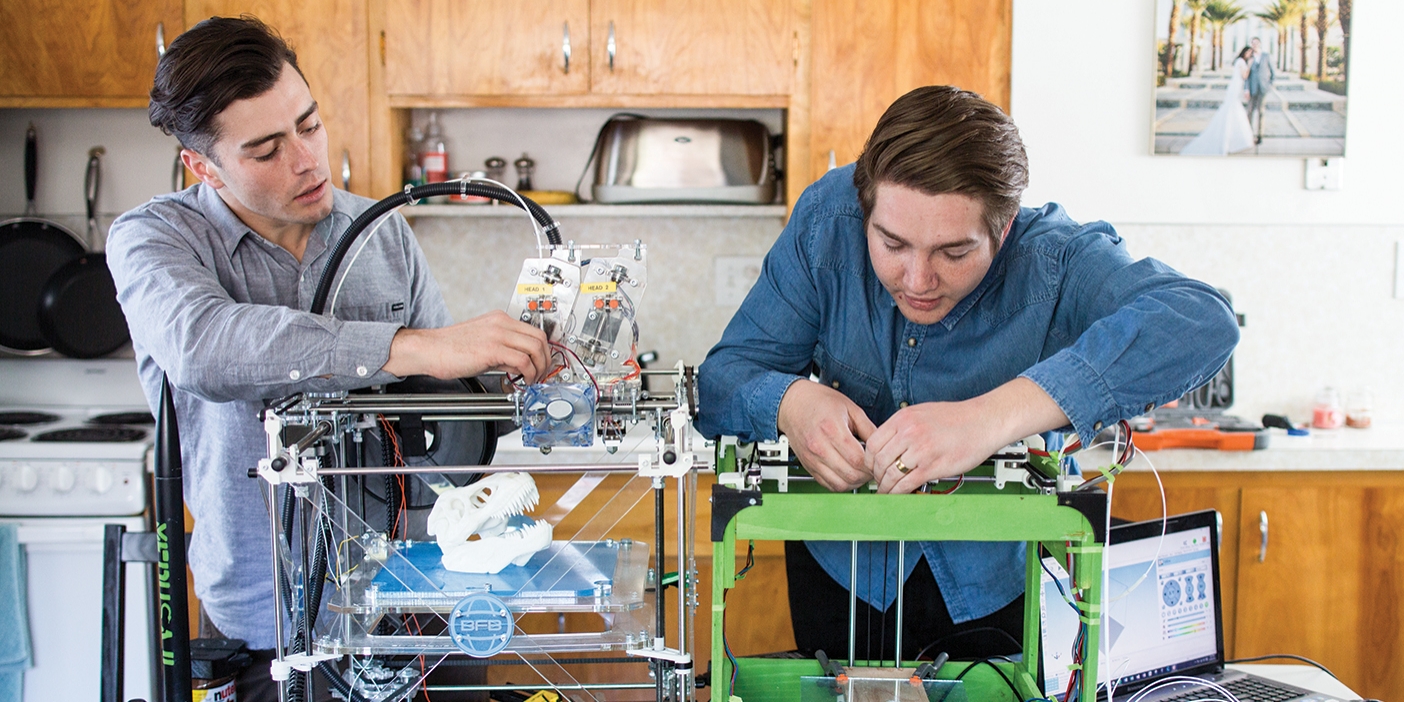 Stop. Whatever you’re doing right now, take a moment to sit still. Take a few deep breaths and relax the muscles in your face and neck. Focus your attention on a single thought and let everything else fade into the background.
Stop. Whatever you’re doing right now, take a moment to sit still. Take a few deep breaths and relax the muscles in your face and neck. Focus your attention on a single thought and let everything else fade into the background.
You have just experienced a small taste of what it is like in the Stress Management and Biofeedback Lab at BYU’s Career and Counseling Center.
The lab has been helping students manage their stress since the 1970s. Services are free to full-time students, and Michael L. Maughan, head of the lab since its creation, says students come for many reasons.
“Some students come to reduce their overall tension and anxiety,” he says. “Others come in for help with tension and anxiety specifically associated with performance situations like taking tests or participating in musical or athletic events.”
In the lab students learn eight different relaxation techniques (deep breathing, meditation, body scanning, progressive muscle relaxation, autogenics, self-hypnosis, visualization, and performance rehearsal) while Maughan and other lab workers track their progress using biofeedback instruments. While a student practices a relaxation technique, an electromyograph measures electrical activity in the skeletal muscle and a thermal instrument measures skin temperature. When the electrical activity is low and the skin temperature high, the student has achieved a more relaxed state.
With the help of these instruments, students can more easily recognize which relaxation techniques are effective for them and can then use those techniques to relieve stress in their day-to-day lives.
“Sometimes people get the idea that reducing stress means eliminating or cutting things out of life,” says Maughan. “But really, you can usually do the same things with 50 percent less tension. You can continue your busy lifestyle but focus on tensing only the parts of your body that need to be tense. For example, when you are working on the computer, you don’t have to tense your face, abdomen, or legs. You don’t have to tense your shoulders, face, and neck while driving on the freeway. Try to relax and calm your mind. The reduction in stress will be dramatic.”









